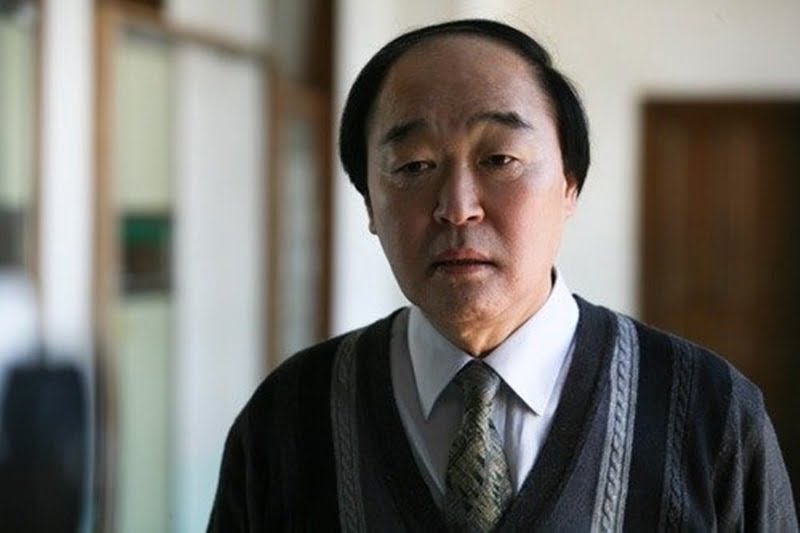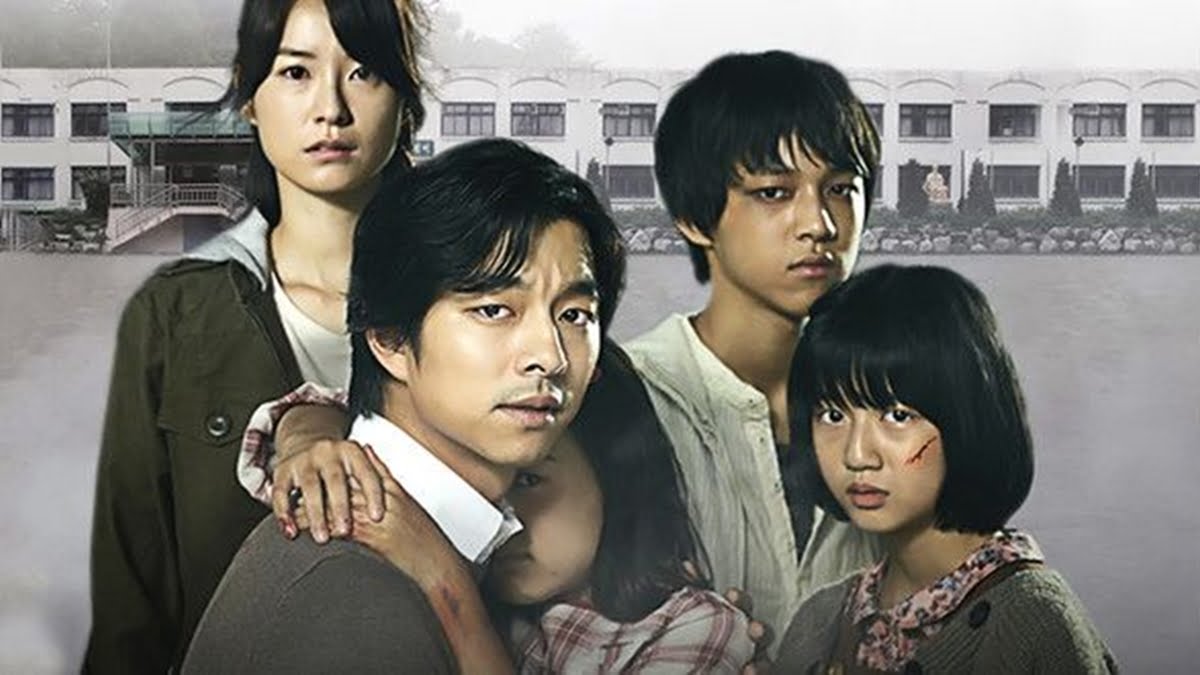TW: Child Sexual and Physical Abuse
The rich and influential have been successfully buying justice, leaving the underprivileged at a disadvantage. This concept is represented by Hwang Dong Hyuk in his Korean movie, Silenced starring Gong Yoo and Jung Yu Mi, released in 2011. It is based on a real life incident covered by Gong Ji Young in her book ‘The Crucible’ which happened at Gwangju Inhwa’s school for the hearing impaired in South Korea. The movie shows the struggle of an art teacher seeking justice for his students who were sexually and physically abused by some members of the faculty. It majorly received a positive review by national and international audience.
The movie begins on a saddening note which sets the mood for the later incidents. Gang In Ho receives a job as an art teacher at a school for the deaf. Despite his multiple attempts to engage with them, the students remain aloof to his approaches. This concern of his is dismissed by other teachers who also casually ignore when one student being beaten up in front of them and the screams of female students at night. When the perpetrators are put on trial, they are eventually let go, because of corruption, influential connections and negligence of law. The story shows a battle against the unjust judicial system where the weak are eventually silenced when put up against the influential.
Also read: Netflix Series On Jeffrey Epstein: Child Sex Abuse Survivors Recount Disturbing Experiences
It revolves around the idea of remaining silent. Society is divided into two categories – those who knowingly remain silent and those who are silenced because they dared to speak. in Silenced, teachers witnessing a fellow faculty member beating a student do not object to the act.
It revolves around the idea of remaining silent. Society is divided into two categories – those who knowingly remain silent and those who are silenced because they dared to speak. in Silenced, teachers witnessing a fellow faculty member beating a student do not object to the act. People of the city were not too keen about the case as it would show their city in the bad light. The prosecutor, who had concrete evidence against the perpetrators, was silenced by money. When the public protested against the court’s decision in Silenced, they were removed by police and ultimately silenced by law.

Reduction in punishment because of the accused’s good deeds in the past is another aspect under question in Silenced. A judge reduced punishment, based solely on the accused’s past apparent good deeds of ‘great contributions to the development of the city‘, and that he has no previous criminal records. Considering they had taken care of the children first, the sentences were reduced to a maximum punishment of 8 months of imprisonment and 2 years of probation. The gravity of the offence and the physical, emotional and psychological damage done to the victims are not taken into consideration here, but an accused coming from a good catholic family is. Thus, the judgment fully favours the influential perpetrators.
Silenced also highlights out-of-court settlements. A price is placed on the victim’s loss. In case the victim is a kid, the deal is made with their guardian without considering the child’s right to be heard in a trial affecting them directly. This, in Silenced, pointed out at the role that corruption played in furthering the survivor’s trauma. Another side of reality brought under light was the treatment of the physically disabled members of the community by the court. The proceedings which were meant to be for the violation of rights of the hearing impaired in Silenced did not have an interpreter for them, hinting at the contemporary society which inclines towards ableism.
In Silenced, students are oppressed due to their age, disability and later due to their economic background. They do not understand the nature of the crime except the fact that they are at unease.
When a person belongs to multiple disadvantaged categories, the discrimination faced by them is much worse. In Silenced, students are oppressed due to their age, disability and later due to their economic background. They do not understand the nature of the crime except the fact that they are at unease. A child with disability requires more aid as compared to a disabled adult or an abled child. Not only are they unable to come to terms with their distress but are also not able to express it.
Shaming a victim of sexual abuse is nothing new, and the same is shown in Silenced. One kid is subjected to physical violence for ‘seducing’ the headmaster. This raises the issue of actions which are seemingly ‘suggestive’ as a common defence against allegations of sexual assault. In case of sexual assault, the victim’s previous conduct is taken into account. Her behavioural history is considered in the trial which includes her clothes, people she talked to, the way she talked, if her conduct was ‘inviting’, ‘if she was asking for it’, etc. Therefore, it is not uncommon in rape laws which intend to protect a woman’s ‘modesty’, to assassinate the female victim’s character in order to ‘reach the truth’.
The director of Silenced does not shy away from showing explicit scenes which often leaves the viewers with an uncomfortable feeling. Silenced was criticised on this ground by some viewers. It could however be the intention of the director of Silenced for the audience to see and feel an ounce of discomfort which survivors of sexual assault go through during the formidable act and the judicial procedure. He did not wish to end Silenced on a positive note, instead he wanted his audience to realise that such situations in reality did not have a happy ending.
Also read: The Ticking Bomb Called Online Child Sexual Abuse
Silenced sparked an outrage in country against the unfair decision in the trial. This lead to reopening of the case. The school was finally closed in 2011. The laws regarding limitation period were amended. As per the real incident as depicted in Silenced, most of the perpetrators were exempted due to expiration of statute of limitation.
Silenced sparked an outrage in country against the unfair decision in the trial. This lead to reopening of the case. The school was finally closed in 2011. The laws regarding limitation period were amended. As per the real incident as depicted in Silenced, most of the perpetrators were exempted due to expiration of statute of limitation. The amended laws removed the limitation period in cases involving sexual assault were the victim is either below the age of thirteen or a disabled woman. The maximum punishment of the crime was also extended to life imprisonment. Suffice to say, Silenced had a lasting impact on the audience.
Muskan Singla is a law student interested in laws related to gender and medicine. Often found reading mythology or binge watching K-dramas in her free time. She can be found on Instagram.
Featured Image Source: Viki




